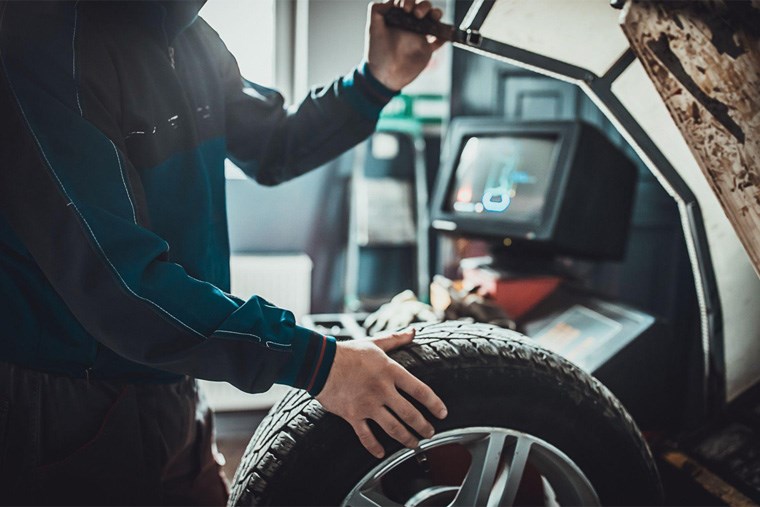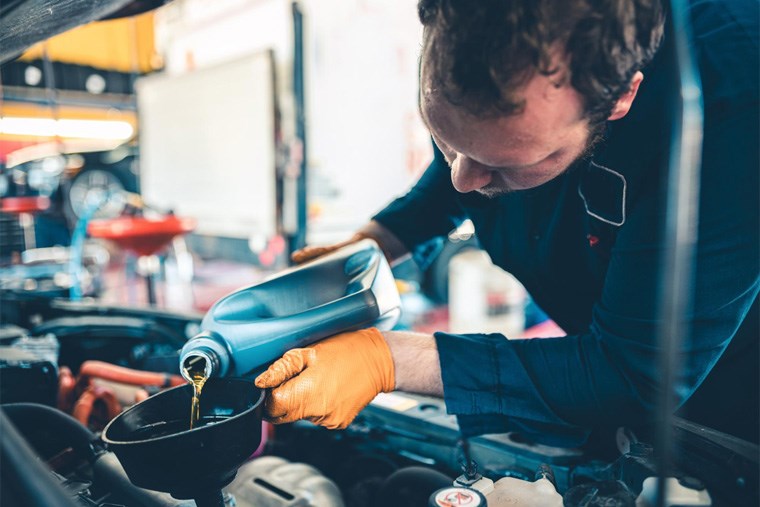Performing proper maintenance helps preserve and protect the life of a car. Since a car helps us get to work, school, and other important destinations, it’s critical to take care of a vehicle to extend its useful life.
Auto engineering and design have evolved over the years. Cars and parts are lasting longer, and maintenance requirements and schedules have also changed. Doing unnecessary maintenance can make you shell out cash you don’t need to spend.
Learn the truth about some popular car maintenance myths below.
Myth: You should change the engine oil every 5,000 kilometres.
This isn’t necessarily true. The first rule of thumb is to consult your vehicle’s owner’s manual about when to change the oil. Most newer vehicles have built-in oil-life monitoring systems that alert you when it’s time to change the oil.
The oil’s lifespan depends on driving conditions. According to Car and Driver, “Modern engines driven normally stretch intervals to 10,000 or even more than 16,000 kilometres.” Going every 5,000 kilometres for an oil change if you drive in normal and moderate conditions can cost you money you don’t necessarily need to spend.
However, making lots of short trips at 7 kilometres or less, low-speed driving for a long distance, or driving on lots of dusty, sandy, salty, or gravel roads might prompt shorter, 5,000-interval oil changes.
Overall, it’s always best to follow the instructions in your owner’s manual about when to change the oil.
Myth: Wait to replace tires until the tread is low.
In reality, it could be dangerous to wait until tire tread is that low. According to AMA both the tire pressure and tire thread can significantly affect stopping distances and reduce handling ability for passenger cars and trucks.
AMA offers many poor weather driving tips to keep you and your vehicle safe on the roads as the winter approaches. asserts that it is better to be safe than sorry and replace tires when the tread reaches 4/32”. You don’t want to risk an unexpected blowout or poor handling in wet, slippery conditions.
Myth: If you puncture a tire, you should replace it.
Nobody likes running over an unseen nail, screw, or some other form of debris and puncturing a tire. Luckily, you don’t necessarily have to replace a tire for a small puncture. Most honest tire shops can plug a hole or patch a leak and get you back out on the road quickly and inexpensively. However, extensive tears and damage, especially after an accident, might not be repairable and may warrant a new tire.

Myth: Not doing maintenance at a car dealership voids the manufacturer’s warranty.
Dealerships prefer that you do routine vehicle maintenance in their service department. But getting an oil change, tire rotation, or other maintenance performed outside the dealership doesn’t automatically void your car manufacturer’s warranty.
However, a manufacturer can deny a warranty repair if it can prove that improper maintenance, tampering with a part, an improper repair, or a faulty upgrade has caused the concern.
For example, if you never changed the oil and the engine seizes up, the service department could deem that the engine stopped due to lack of maintenance. This repair would not be covered under warranty. Therefore, it’s important to do all recommended maintenance service as instructed in your vehicle’s owner’s manual.
Myth: You get better gas mileage if you roll the windows down instead of using the air conditioner.
This claim has a tricky answer. Running the A/C and rolling down the car windows in hot weather can both decrease the car’s fuel economy. The department recommends to “roll the windows down at lower speeds; use the A/C at highway speeds, don’t use the A/C more than needed or set the temperature lower than needed, and drive with the windows open for a short time before using the A/C.”
In extremely hot weather, you may choose to sacrifice fuel economy to keep passengers comfortable. Always consult your owner’s manual with specific questions about your air conditioning system.
Myth: It’s okay to use household soap and detergent to wash the car.
Dawn dish soap is a powerful cleaning agent for your dishes – and even cleaning birds contaminated after an oil spill. However, you should never use common household soap or detergents to wash your car.
Hand soap and other household detergents can strip protective wax off your vehicle. So, always use a specific car wash cleaning product that is specially formulated to work on auto body paint.
Maintaining your vehicle properly helps protect and extend its life. Recognizing some popular car maintenance myths can help you save money on unnecessary service and repairs.
 This story was made possible by our Community Partners Program. Thank you Davis Chevrolet for helping to expand local news coverage in Alberta. Learn more.
This story was made possible by our Community Partners Program. Thank you Davis Chevrolet for helping to expand local news coverage in Alberta. Learn more.


